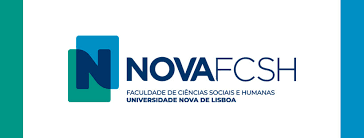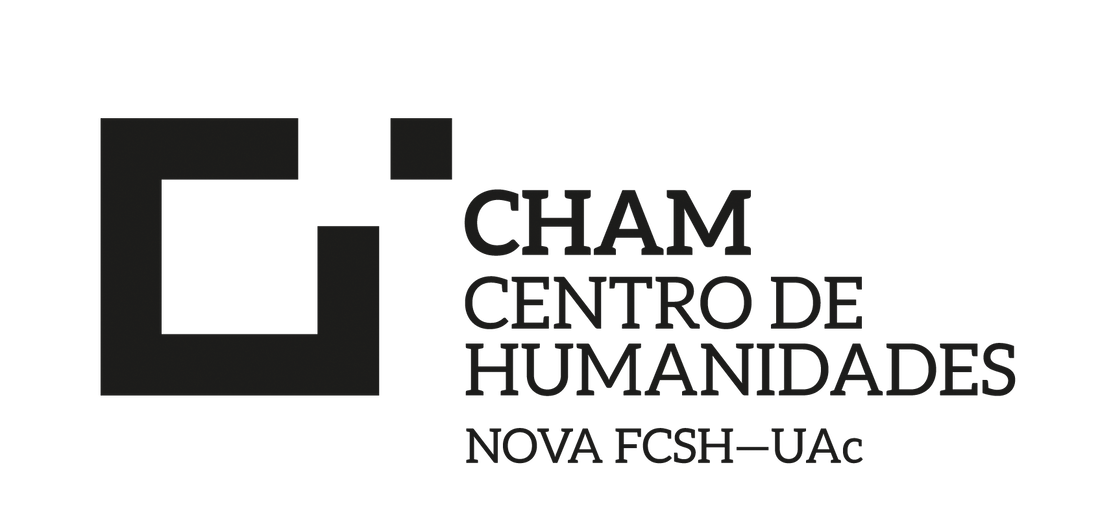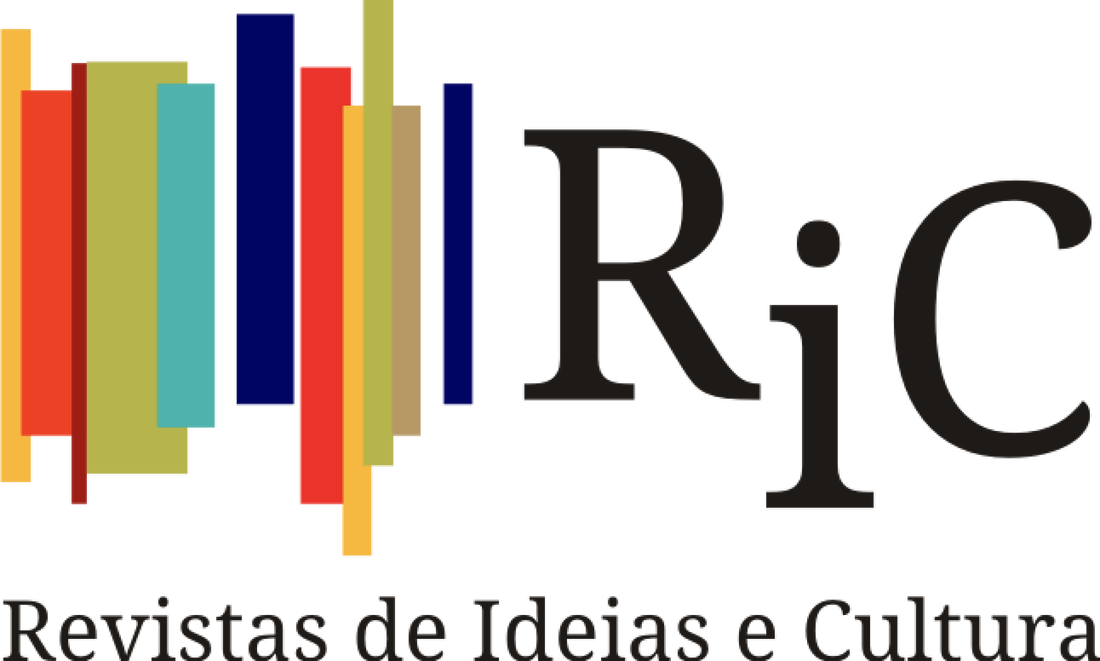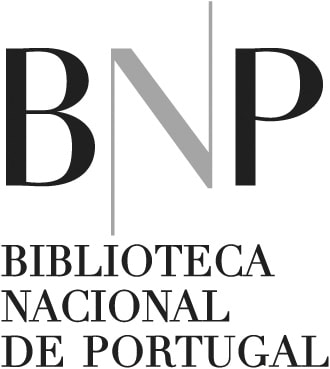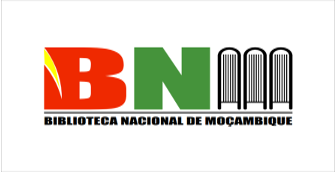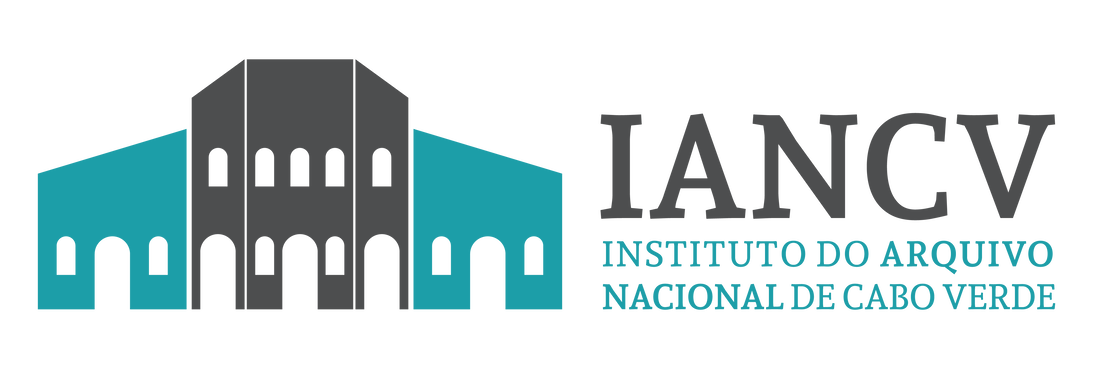Meet the IGSCP-PE's members!
Interview with Adelaide Vieira Machado and Sandra Ataíde Lobo
In the early 1990s, Adelaide and I enrolled in a Master’s programme in Cultural and Political History, created by Silva Dias and the teachers who came with him from the University of Coimbra to set up the History of Ideas department at FCSH. Participating in this programme was crucial to our education, for different reasons. It sharpened our transdisciplinary view of the study of the history of ideas and trained our enjoyment of analysing and discussing texts and ideas together. This joy led former students to persuade Zília Osório of Castro to create the Free Seminar for the History of Ideas (SHI), which we joined in 1994. The history of SHI developed between debates and projects, especially around journals linked to intellectual movements. Before that, however, it was António Ventura who, at the end of our studies, motivated us for the first time to look at the press, its role in contemporary history and the enriching view that journals offer for its understanding. This initial interest helped to promote the freedom and playful aspect that we have always associated with research, as was the case with the study of the 19th century press, in which we discovered the place of humor in the literary styles it contained, in the controversies and in the contemplation of everyday life. In the meantime, we created a lasting partnership, by supporting alone or with other colleagues, projects that had never been supported before, as was customary at the time, as we matured our views. It turned out that for years we studied and wrote much more than we published. It was an amateur journey, in the sense that we worked in libraries and archives, often in partnership. For example, we were able to participate in the creation of the newspaper Público, which was so keen to give the daily press the reflexivity that is usual for the weekly newspapers and to create a democratic dynamic in the production of the newspaper. This was done through an unprecedented experience in the Portuguese press: the integration of archivists into the newsroom itself, an experience created by the section of photography. We were called not only to organize the archive, which incorporated the estates of some of the most important photojournalists of the time, as well as intervening actively in defense of authorial photography and the photographic gaze in the daily conception of newspaper. It was this journey, mixing chance, intentions, and friendships, that we carried when we decided to dedicate ourselves to research. Due to this turning point we came to know researchers who in Portugal and other countries study our themes and connect to different projects and networks. The collective adventure of creating IGSCP-PE emerged as a natural consequence.
1) What were the major motivations behind the creation of the GIEIPC-IP?
To theorize and research the colonial press, drawing attention to its relevance and, thus, break through the colonial and postcolonial logics without ignoring them. To view the colonial press as an international archive with a transnational and multidisciplinary interest. To move away from the usual geographical compartmentalization of colonialism studies by emphasizing that empires connected and confronted people, realities, ideas, and debates in multiple ways. To move colonialism studies away from an almost exclusive focus on the colonizing ideology and colonizing action and to approach the actions of the colonized without overlooking the centrality of power relations in the construction and fall of colonial empires. The promotion of dialogues between national historiographies and transnational perspectives that can help to complexify the view of the colonial and postcolonial world. Assuming that dispersal and the threat to the survival of collections is a real problem that needs to be addressed and offer multidisciplinary, national and international collaborations between researchers and institutions as solutions to create, research and disseminate a virtual archive on a common platform. To contribute to the fight against inequalities, starting with those fueled by the international academic and scientific systems. All in all, it was about delimiting a field of study and seeing it as inseparable from an ethics of intervention.
2) Which have been some of the most prominent moments/activities in the evolution of the group?
Following the first preliminary meetings to discuss the concept and introduce the idea and the group (see history on website), we believe that the 2017 Conference defined what would become the vocation of the group: put the different research networks and related institutions (universities, research units, libraries and archives, etc) in contact in a truly international and interdisciplinary way, and, through this critical mass, gathered and continuously expanding from 2017 onwards, to establish a thematic area. So, we published a series of volumes that substantiates it, organized and contributed to several congresses and scientific events in the various continents. We would also like to highlight that the expansion of this group has led to the establishment of an internal structure from 2023 and 2024, with several committees that convene members according to their own scientific and intellectual interests. Not only do we scientific outreach and disseminate, and think the coloniality and the post-coloniality critically, but we also seek to operate and contribute towards a democratic posture of peer conviviality in an exemplary way.
3) How do you approach the colonial periodical press in your individual research?
Adelaide: My interest in the periodical press, as a source and object of study grew in the last years of my undergraduate studies, the contemporary era, with particular emphasis on the liberal period and the study of public opinion. Of course, I met other colleagues with similar interests, and I remember that Sandra and I, together with some others, including Professor Artur Anselmo as a supporter and mentor of the idea, even began to prepare a project that was to be submitted to the JNICT (now the FCT) that was never completed. In it we proposed to create a dictionary of the Portuguese periodical press, on an interactive database, with computerized survey of newspaper identification: titles, authors, article analysis, etc. I would also like to emphasize that both my master and doctorate theses were about opinion journalism, the exilees of the liberal struggles, which opened up to me the existence of intellectual networks made possible by the periodical press, with its debates and consensuses. In this framework, the discussion on the democratic principle and that of contemporary democracy, driven by the North American and French revolutions has increased my interest in a thorough examination of the concept, its contradictions, and limitations. The in-depth exploration of this line of research in the Seminar in the History of Ideas and the founding of the RIC, in conjunction with this seminar, have helped to take e a step further in my understanding of the historical present. Thus, every reading of newspapers, journals, and the major issues that fueled them led me to the colonial question and the colonial press as an expression of the core tension of contemporaneity. I have not travelled this path alone, and the GIEIPC-IP was born out of a serendipitous confluence of ideas from a few people who decided to lend a hand. I believe that my scientific production illustrates my career better than my hurried narrative whose word count has already exceeded that requested.
Sandra: As my path shows, I have always dealt with the colonial press since I graduated, even before I was aware that I was doing it and doing so from such perspective. This awareness emerged during my PhD, when I began to think about the impact of colonialism in Portugal and in colonized spaces. It became increasingly difficult to exclude from the equation either the way we face the construction of the contemporary world or look at the different dimensions of coeval connecting realities. It was a difficulty to which the study of the press made an important contribution, for the problems faced in classifying and in enrolling the identity of the periodicals, and for the dynamics, agendas, and silences they evidenced. To be specific, I have been studying the colonial press since my PhD, even before I was sure how to classify it, linking theory building to the looks at the press as a space for modelling and discussing cultural political ideas and worldviews, as well as for mobilizing and creating intellectual networks. I have been particularly interested in some intellectuals and their intervention in the press, be it the press published in Portugal or the press published in the most different spaces by Goan initiative or with their significant involvement. This led me to study not only the Goan press but also, for instance, the press published in British India and the 1920s French press, placing them in the equation of the colonial press and of the intellectual networks that it mobilized and mirrored, especially from the 20th century onwards.
To theorize and research the colonial press, drawing attention to its relevance and, thus, break through the colonial and postcolonial logics without ignoring them. To view the colonial press as an international archive with a transnational and multidisciplinary interest. To move away from the usual geographical compartmentalization of colonialism studies by emphasizing that empires connected and confronted people, realities, ideas, and debates in multiple ways. To move colonialism studies away from an almost exclusive focus on the colonizing ideology and colonizing action and to approach the actions of the colonized without overlooking the centrality of power relations in the construction and fall of colonial empires. The promotion of dialogues between national historiographies and transnational perspectives that can help to complexify the view of the colonial and postcolonial world. Assuming that dispersal and the threat to the survival of collections is a real problem that needs to be addressed and offer multidisciplinary, national and international collaborations between researchers and institutions as solutions to create, research and disseminate a virtual archive on a common platform. To contribute to the fight against inequalities, starting with those fueled by the international academic and scientific systems. All in all, it was about delimiting a field of study and seeing it as inseparable from an ethics of intervention.
2) Which have been some of the most prominent moments/activities in the evolution of the group?
Following the first preliminary meetings to discuss the concept and introduce the idea and the group (see history on website), we believe that the 2017 Conference defined what would become the vocation of the group: put the different research networks and related institutions (universities, research units, libraries and archives, etc) in contact in a truly international and interdisciplinary way, and, through this critical mass, gathered and continuously expanding from 2017 onwards, to establish a thematic area. So, we published a series of volumes that substantiates it, organized and contributed to several congresses and scientific events in the various continents. We would also like to highlight that the expansion of this group has led to the establishment of an internal structure from 2023 and 2024, with several committees that convene members according to their own scientific and intellectual interests. Not only do we scientific outreach and disseminate, and think the coloniality and the post-coloniality critically, but we also seek to operate and contribute towards a democratic posture of peer conviviality in an exemplary way.
3) How do you approach the colonial periodical press in your individual research?
Adelaide: My interest in the periodical press, as a source and object of study grew in the last years of my undergraduate studies, the contemporary era, with particular emphasis on the liberal period and the study of public opinion. Of course, I met other colleagues with similar interests, and I remember that Sandra and I, together with some others, including Professor Artur Anselmo as a supporter and mentor of the idea, even began to prepare a project that was to be submitted to the JNICT (now the FCT) that was never completed. In it we proposed to create a dictionary of the Portuguese periodical press, on an interactive database, with computerized survey of newspaper identification: titles, authors, article analysis, etc. I would also like to emphasize that both my master and doctorate theses were about opinion journalism, the exilees of the liberal struggles, which opened up to me the existence of intellectual networks made possible by the periodical press, with its debates and consensuses. In this framework, the discussion on the democratic principle and that of contemporary democracy, driven by the North American and French revolutions has increased my interest in a thorough examination of the concept, its contradictions, and limitations. The in-depth exploration of this line of research in the Seminar in the History of Ideas and the founding of the RIC, in conjunction with this seminar, have helped to take e a step further in my understanding of the historical present. Thus, every reading of newspapers, journals, and the major issues that fueled them led me to the colonial question and the colonial press as an expression of the core tension of contemporaneity. I have not travelled this path alone, and the GIEIPC-IP was born out of a serendipitous confluence of ideas from a few people who decided to lend a hand. I believe that my scientific production illustrates my career better than my hurried narrative whose word count has already exceeded that requested.
Sandra: As my path shows, I have always dealt with the colonial press since I graduated, even before I was aware that I was doing it and doing so from such perspective. This awareness emerged during my PhD, when I began to think about the impact of colonialism in Portugal and in colonized spaces. It became increasingly difficult to exclude from the equation either the way we face the construction of the contemporary world or look at the different dimensions of coeval connecting realities. It was a difficulty to which the study of the press made an important contribution, for the problems faced in classifying and in enrolling the identity of the periodicals, and for the dynamics, agendas, and silences they evidenced. To be specific, I have been studying the colonial press since my PhD, even before I was sure how to classify it, linking theory building to the looks at the press as a space for modelling and discussing cultural political ideas and worldviews, as well as for mobilizing and creating intellectual networks. I have been particularly interested in some intellectuals and their intervention in the press, be it the press published in Portugal or the press published in the most different spaces by Goan initiative or with their significant involvement. This led me to study not only the Goan press but also, for instance, the press published in British India and the 1920s French press, placing them in the equation of the colonial press and of the intellectual networks that it mobilized and mirrored, especially from the 20th century onwards.
